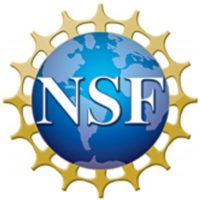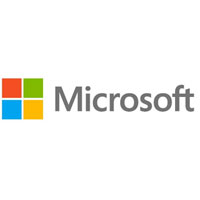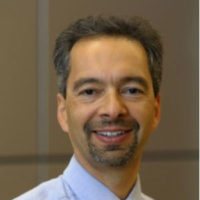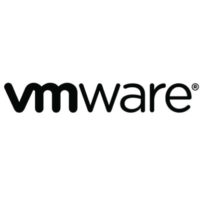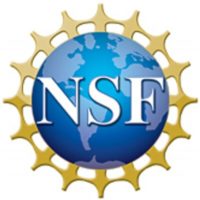AnitaB.org, The National Center for Women & Technology (NCWIT) and the STARS Computing Corps (STARS) are conducting a survey to understand the impact of the global pandemic on the conditions of work and educational environments related to computing and technical degree programs and professions. Through the Investigating Compounding Impacts of Racism & COVID-19 on Learning & Employment in Computing & Technology (CIRCLE-CT) Study, we are gathering responses from individuals across the computing and technical ecosystem including K-12 teachers; post-secondary program leaders, educators and students; and individuals in the computing and technical workforce and tech startup communities.
We invite you to participate in the 10-minute survey by clicking below. There will be no compensation for participating in this research study. However, with your consent, we will enter you in a drawing for one of four $50 Amazon gift cards or one of 45 $10 Amazon gift cards. For more information about this study, please contact the Principal Investigator, Dr. Quincy K. Brown, at QuincyB@AnitaB.org. The survey will be open until July 31.
Quick link to survey: bit.ly/NSFRAPIDsurvey





